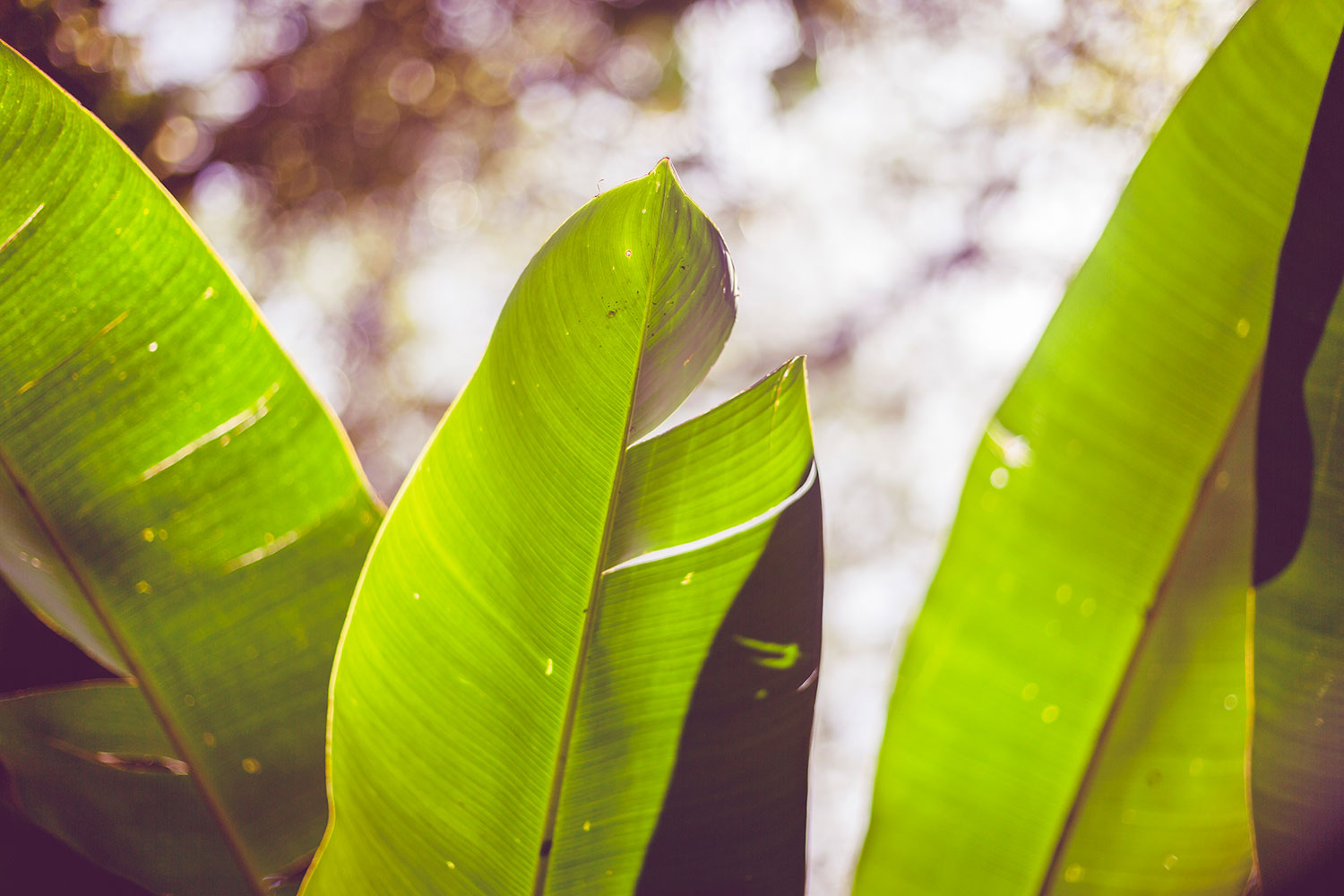Grow Your Own Garden


Spring is here, and there’s no better time to dig in and start growing your own garden. At MANDA, we believe that taking simple measures towards positive change can improve our health, local community, and environment.
In a previous blog, we discussed the importance of supporting local business as a way to enrich our community. When it comes to our food systems, choosing foods and ingredients that are locally sourced plays a huge role in the health of our community and local economy.
The Fruits Of Our Labor
What better way to get to the food source than by starting your own garden? By growing our own food, we take part in a movement that provides our community with a healthy abundance of locally grown food!
For many of us, the idea of growing our own food sounds appealing, but the reality of maintaining a sustainable system can be a challenge. To makes things easier, we’ve outlined a few simple tips for getting started and some inspiration for why it matters.
Start Small
Starting your own garden doesn’t have to be a daunting task, it can be simple and cost-effective. Grow your own garden in your backyard, or if you don’t have space, create a small garden box in your kitchen. We created a Pinterest board full of inspiration, tips, and tricks to help you get started!
A great way to alleviate costs is to start your fruits and veggies from seeds. Seeds are much cheaper than starter plants and often grow larger and absorb more nutrients because their roots aren’t coiled in the bottom of starter containers. Check out Korduroy’s D-I-Why-Not? episode, exploring simple ways to start your veggies and herbs from seed in the most cost- and time-efficient ways possible.
Join a Community Garden
Another option is getting involved in a community garden. Joining a community garden not only gives you the space to grow your own food, it also allows you to create, support and grow foods that enrich your neighborhood.
Community gardens create food security, promote sustainability and biodiversity, and can help foster community-based educational opportunities. Community gardens also renew the importance of connecting with the place we call home. The San Diego Community Garden Network and San Diego Food System Alliance provide great resources to help you get involved.
Why it Matters
We’re drawn to the “organic” label in the supermarket because we understand it to be the better choice. While buying organic is the first step in understanding our food system (read more about this in our Why Organic blog), it isn’t the only answer. Localizing our food plays an even bigger role. By growing our own food or supporting a community garden or local farm, we take healthy food systems a step further by bridging the gap from producer to consumer.
Connecting the producer to consumer has a tremendous impact on our local ecology, allowing us to reassess our role as consumers and slowly take control over our food. This connection contributes to an overall improved health of our community. The Ecology Center breaks down 10 reasons urban farms contribute to the improved health of their communities. By localizing our food, we reap the following benefits:
- Reduce Carbon Emissions
By localizing produce, we cut down on the significant amount of fossil fuel consumption necessary to transport, package, and sell food.
- Community Building
Community gardens create more than just healthy food, they bring people together. Gardens also give an opportunity for individuals to create an environment that truly sustains its community.
- Public Health/Food Quality
Growing your own food allows a fostering of highly nutritious and unique varieties of produce and also preserves biodiversity. Involving individuals in gardening itself provides exercise and a deeper connection to the environment.
- Food Security
Unfortunately, many places don’t have access to affordable, healthy food. Localizing our food helps to correct this by reducing the price of healthy food by eliminating the middleman and increasing the opportunity for community members in need to participate in the growing of food.
- Education
Growing your own food addresses another issue inherent throughout our current food culture — a disconnection to where our food comes from. By involving children and adults alike in education around sustainable and local agriculture, we can increase the health of our future food systems.
Thrive As a Community
From starting a small herb garden to participating in a large community space, growing your own garden as a means to supporting sustainable food systems positively impacts our environment and allows us to thrive as a community.
Happy Gardening!


